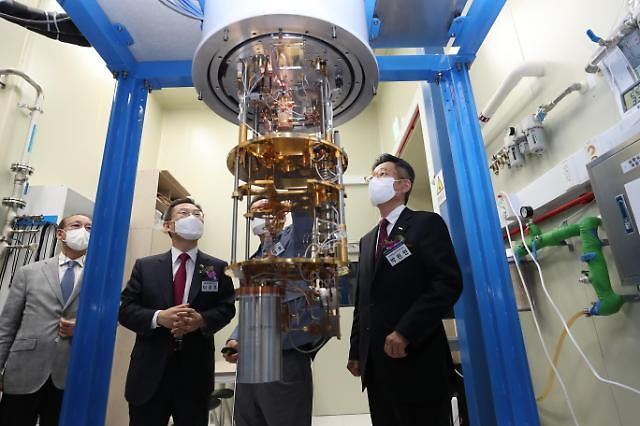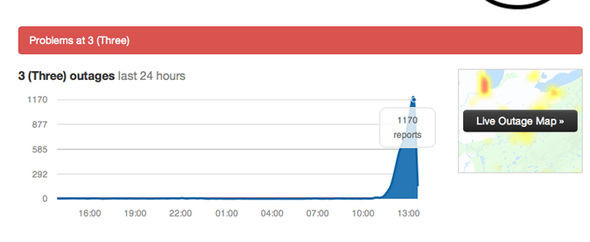ChatGPT Meltdown: A Global Outage on the Day After Christmas
On December 26th, 2024, the world experienced a significant technological disruption: ChatGPT, OpenAI's highly popular AI chatbot, went offline. The outage, which began around 1:30 p.m. EST, affected users globally, leaving millions unable to access the AI tool they've come to rely on for a variety of tasks. The sudden and widespread disruption sparked widespread concern and an avalanche of humorous reactions on social media.
The Extent of the Outage
Reports of the outage began surging across social media platforms. Downdetector, a website that tracks real-time reports of outages, showed a massive spike in reports of issues with ChatGPT, exceeding 50,000, peaking around 1:30 p.m. EST. Users reported various issues, from the inability to send prompts to encountering frustrating “Internal Server Error” messages. The outage also impacted OpenAI's other services, including its Sora video-generation model, and even extended to some parts of Microsoft’s cloud infrastructure.
Impact on Users
The impact of the outage was felt far and wide. Students relying on ChatGPT for research, professionals using it for tasks, and casual users alike found themselves cut off. Many took to social media to express their frustration, while others embraced the forced break from the technology, humorously suggesting they were forced to use their own brains for once. A Reddit user, @2dwade, poignantly summed up the sentiment with a post accompanied by a video of someone spitting out food; another Twitter user, @daansky, declared “Well, ChatGPT’s down, back to using my own brain again.” The outage highlighted ChatGPT's pervasive influence and the extent to which it has integrated into our daily lives.
OpenAI's Response and the Root Cause
OpenAI acknowledged the issue on its status page, stating that ChatGPT, the API, and Sora were experiencing “high error rates.” Initially, the company attributed the issue to an unnamed “upstream provider,” later revealed by Microsoft as a power outage impacting its South Central US datacenter. The power issue, which reportedly started around the same time as the OpenAI problems, affected multiple services. While OpenAI worked to fix it and Microsoft assured it was addressed quickly, the situation brought a spotlight on the vulnerabilities of systems that heavily rely on interconnected cloud infrastructure.
Timeline of Events and Recovery
The outage lasted for several hours. OpenAI’s status page initially indicated it was “continuing to work on a fix.” While Sora was fully operational by 6:15 p.m. EST and the APIs were starting to recover, the full recovery of ChatGPT wasn't announced until much later. Microsoft, OpenAI’s cloud provider, reported that power to the affected datacenter was fully restored around 5 p.m. ET. The quick resolution reflected the usual speed of OpenAI's response in handling previous outages, which have, historically, been resolved within a few hours. This speedy response, however, couldn't avoid the temporary chaos.
A Pattern of Outages?
This wasn’t the first time ChatGPT suffered a significant outage in 2024. TechCrunch reported this incident as the second major outage of the month, noting a similar outage that lasted approximately six hours just two weeks prior. Previous incidents, like the widespread outage in June, also underscore the potential challenges inherent in managing a platform as popular and heavily trafficked as ChatGPT. The frequency of these outages raises questions about OpenAI's infrastructure scalability and its ability to withstand massive user loads consistently. The outage also triggered discussions around the reliance of many aspects of modern life on such AI systems.
The Future of ChatGPT and AI
The ChatGPT outage served as a stark reminder of the challenges and vulnerabilities that accompany the rapid advancement and widespread adoption of AI technology. Despite its seemingly ubiquitous nature, the service is still susceptible to outages and technical issues. While this specific issue is over, the episode offers a valuable lesson about the importance of redundancy and robust infrastructure in the development and deployment of AI systems. This is especially crucial in a world where these systems are increasingly relied upon for essential tasks and services.
The incident also highlighted the importance of clear and timely communication to users during outages. OpenAI's efforts to keep the public informed, though initially somewhat vague, likely helped to minimize panic and maintain user trust.
With over 300 million weekly users sending over one billion messages a day, OpenAI will certainly be prioritizing the enhancement of its infrastructure to minimize the risk of future outages. The incident also serves as an impetus for a broader conversation about the resilience of our increasingly AI-dependent world.


















